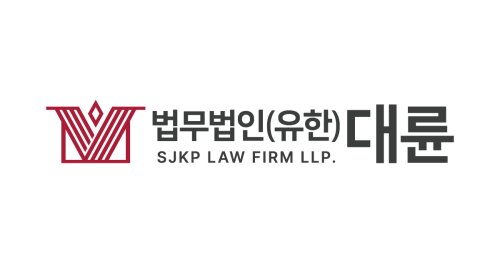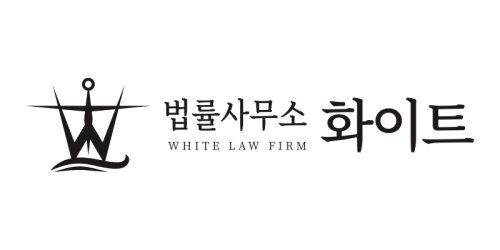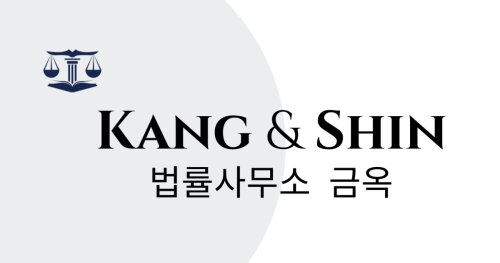Best Asylum Lawyers in South Korea
Share your needs with us, get contacted by law firms.
Free. Takes 2 min.
Or refine your search by selecting a city:
List of the best lawyers in South Korea
About Asylum Law in South Korea:
Asylum in South Korea is granted to individuals who are unable or unwilling to return to their home country due to a well-founded fear of persecution based on their race, religion, nationality, political opinion, or membership in a particular social group. South Korea is a signatory to the 1951 Refugee Convention and its 1967 Protocol, which outlines the rights and obligations of refugees and the responsibilities of countries that grant asylum.
Why You May Need a Lawyer:
Seeking asylum in South Korea can be a complex and challenging process. A lawyer can help you navigate the legal system, gather necessary evidence to support your asylum claim, and represent you in asylum interviews and hearings. Additionally, having a lawyer can increase your chances of a successful asylum application and help you understand your rights and options throughout the process.
Local Laws Overview:
In South Korea, the Ministry of Justice is responsible for processing asylum applications and making decisions on asylum claims. To be eligible for asylum, you must demonstrate a well-founded fear of persecution in your home country and meet the criteria outlined in the Refugee Convention. It's important to note that asylum is granted on a case-by-case basis, and each application is carefully reviewed by the authorities.
Frequently Asked Questions:
1. Who is eligible to apply for asylum in South Korea?
Any individual who fears persecution in their home country based on the grounds outlined in the Refugee Convention is eligible to apply for asylum in South Korea.
2. How long does the asylum process take in South Korea?
The asylum process in South Korea can vary in length, but it typically takes several months to years for a decision to be made on an asylum application.
3. Can I work in South Korea while my asylum application is being processed?
Asylum seekers in South Korea are generally not allowed to work until their asylum application has been approved.
4. What happens if my asylum application is denied?
If your asylum application is denied, you have the right to appeal the decision within a specified timeframe. It's essential to seek legal advice if your application is denied to explore all available options.
5. Can I bring my family members to South Korea if I am granted asylum?
If you are granted asylum in South Korea, you may be able to apply for family reunification to bring your immediate family members to join you in the country.
6. What kind of evidence do I need to support my asylum claim?
You will need to provide evidence that supports your claim of persecution in your home country, such as documents, witness statements, and other relevant information. A lawyer can help you gather and present this evidence effectively.
7. How much does it cost to apply for asylum in South Korea?
There is no fee to apply for asylum in South Korea. The process is free of charge for asylum seekers.
8. Can I apply for asylum if I am already in South Korea on a different visa?
Yes, you can apply for asylum in South Korea regardless of your current visa status. However, it's essential to follow the proper procedures and meet the asylum eligibility criteria.
9. Can I move to another country if I am granted asylum in South Korea?
If you are granted asylum in South Korea, you are generally permitted to stay and live in the country. However, you may need to follow specific procedures if you wish to move to another country in the future.
10. How can I find a lawyer to help with my asylum application in South Korea?
You can seek recommendations from other asylum seekers, contact local legal aid organizations, or search online for lawyers specializing in asylum law in South Korea. It's essential to choose a lawyer with experience in asylum cases and a good track record of success.
Additional Resources:
For more information on asylum in South Korea, you can contact the Asylum Policy Division of the Ministry of Justice or seek assistance from organizations such as the Korean Association for Refugees. These resources can provide valuable support and guidance throughout the asylum process.
Next Steps:
If you are considering applying for asylum in South Korea or need legal assistance with your asylum application, it's crucial to consult with a qualified lawyer who can guide you through the process and protect your rights. Be sure to gather all necessary documents and evidence to support your asylum claim and seek the appropriate help and resources to increase your chances of a successful application.
Lawzana helps you find the best lawyers and law firms in South Korea through a curated and pre-screened list of qualified legal professionals. Our platform offers rankings and detailed profiles of attorneys and law firms, allowing you to compare based on practice areas, including Asylum, experience, and client feedback.
Each profile includes a description of the firm's areas of practice, client reviews, team members and partners, year of establishment, spoken languages, office locations, contact information, social media presence, and any published articles or resources. Most firms on our platform speak English and are experienced in both local and international legal matters.
Get a quote from top-rated law firms in South Korea — quickly, securely, and without unnecessary hassle.
Disclaimer:
The information provided on this page is for general informational purposes only and does not constitute legal advice. While we strive to ensure the accuracy and relevance of the content, legal information may change over time, and interpretations of the law can vary. You should always consult with a qualified legal professional for advice specific to your situation.
We disclaim all liability for actions taken or not taken based on the content of this page. If you believe any information is incorrect or outdated, please contact us, and we will review and update it where appropriate.
Browse asylum law firms by city in South Korea
Refine your search by selecting a city.
















